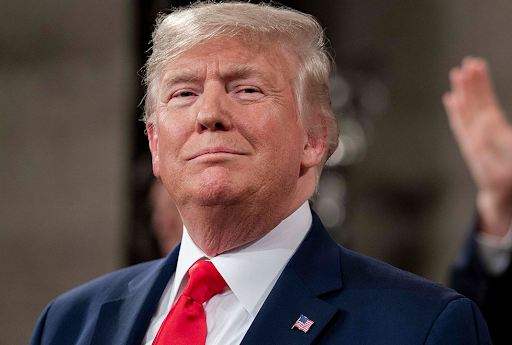When the Norwegian Nobel Committee evaluates a candidate, they don’t just look at a single achievement; they take a holistic view of their entire record. For Donald Trump, while the Abraham Accords are a clear positive, a broader examination of his presidency reveals significant shortcomings that make him an unlikely choice for the Peace Prize.
The 2020 normalization agreements are the star exhibit in the case for Trump. His ability to broker these deals is a testament to his transactional approach to diplomacy yielding a notable result. His supporters argue that this successful outcome should be the sole focus of the committee’s deliberation.
However, the committee’s process is more like a trial, where the entire record is presented. The prosecution would point to his withdrawal from the Paris Agreement on climate change, an act that undermined the single most significant global effort to combat a long-term threat to stability. They would highlight his exit from the Iran nuclear deal, which many allies saw as a blow to non-proliferation efforts.
Further evidence would include his consistent attacks on multilateral institutions like the United Nations and the World Health Organization. The Nobel Prize was founded to support “fraternity between nations,” and these institutions are the primary venues for such cooperation. Trump’s record shows a pattern of weakening, not strengthening, them.
When all the evidence is weighed, the verdict from most Nobel experts is clear. While the Abraham Accords will be noted as a significant accomplishment, they are overshadowed by a broader legacy of undermining international cooperation, dismissing global challenges, and employing divisive rhetoric. In the holistic judgment of the committee, this is not the record of a Nobel Peace Prize laureate.
Trump’s Record on Trial: A Holistic View Reveals Nobel Shortcomings
2

